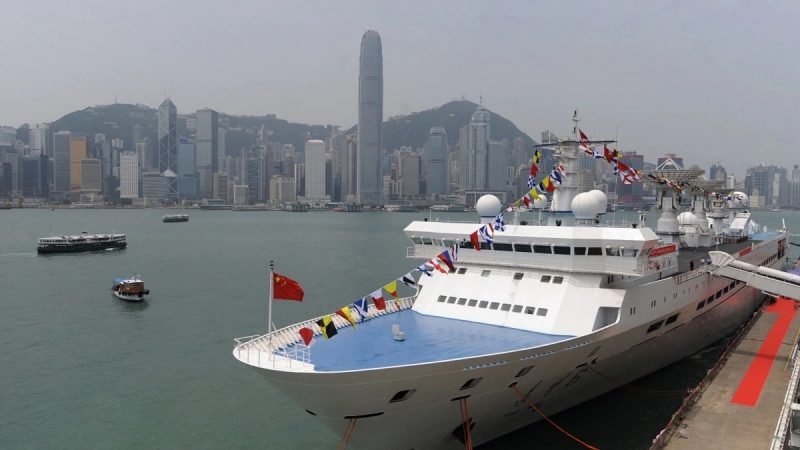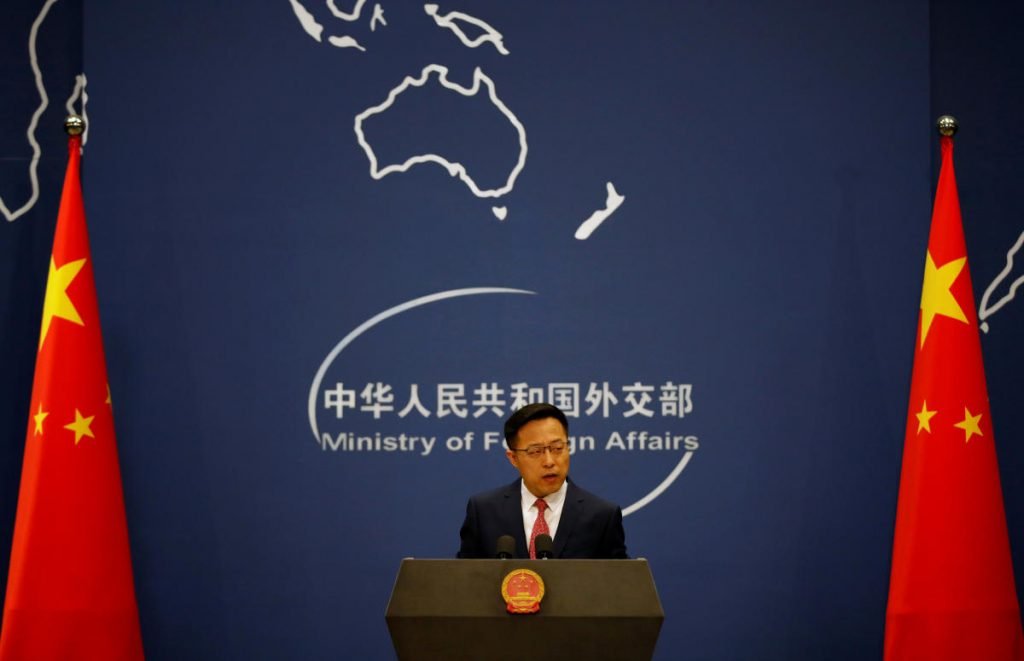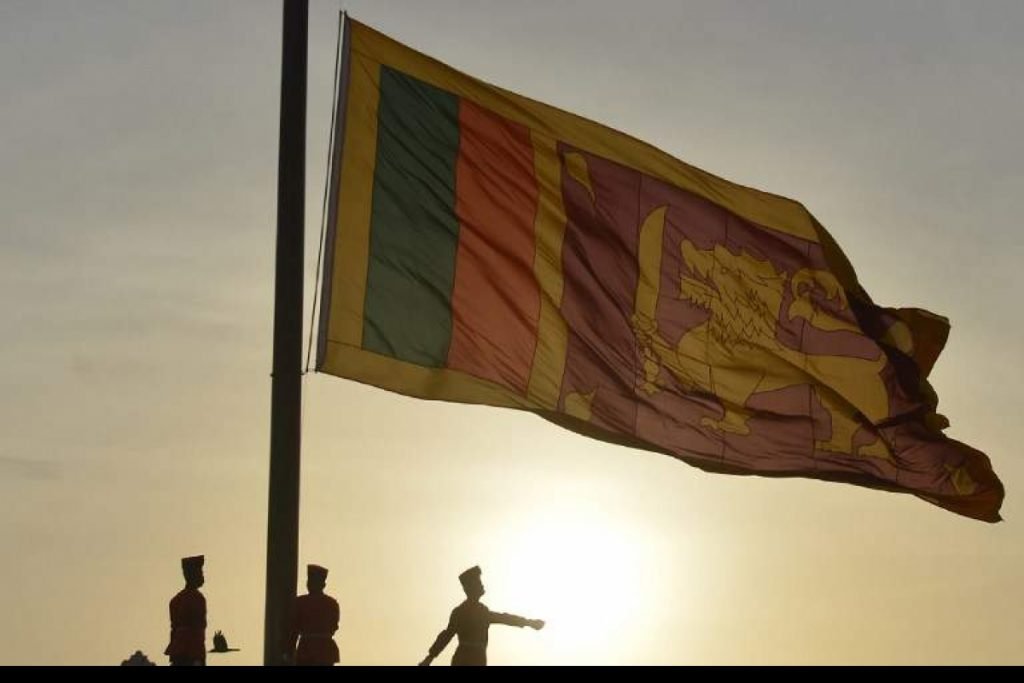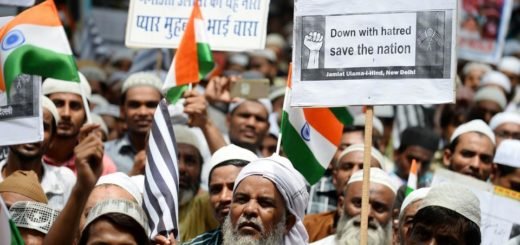The diplomatic showdown over Chinese spying vessel

The past week saw a flurry of tense exchanges in the Indian subcontinent. The purported visit of a Chinese space and satellite tracking vessel to the port city of Hambantota in Sri Lanka raised security concerns in the Indian establishment. The vessel was scheduled to dock at the southern port city as part of the repair and refuelling replenishment. After New Delhi issued a strong verbal note highlighting its core concerns to their counterparts in Colombo the Sri Lankan government has asked the Chinese authorities to defer the scheduled visit till the issue is discussed among all the relevant stakeholders.

Yuan Wang 5
The Chinese ship named ‘Yuan Wang 5’ is a scientific Research used to track and carry out joint space and satellite exploration. It is operated by the People’s Liberation Army (PLA) under its Strategic Support Force (SSF) unit. As per defence and strategic experts, the Chinese vessel is a dual-use vehicle that can be used for both civilian and military purposes. The latter part has raised eyebrows in the Indian strategic circles. The reported vessel could be used to track rockets and Intercontinental ballistic missiles while also tracing the coordinates of satellites. The vessel’s movement path was also just 750 kilometres from the Indian coastline which means that the important strategic areas like Kalpakkam and Koodankulam in the Indian mainland would have been under the snooping radar of the ship. This led to the Indian side taking the matter to the highest level of governance in the crisis-laden Sri Lankan government. The spokesperson of the Ministry of External affairs Arindam Bagchi noted in a weekly press briefing that “The government carefully monitors any developments having a bearing on India’s security and economic interests, and takes all necessary measures to safeguard them,”. The newly appointed President of Sri Lanka Ranil Wickramasinghe tried to calm the matter by arguing that “What we have to do is ensure that Sri Lanka doesn’t allow anything which will cause harm to India’s security,”.
China’s response
The Chinese response to the whole episode was along the predicted lines as evident from their response to the Ukrainian and Taiwan crises. The Ministry of Foreign Affairs termed the Indian actions as ”senseless” and ”devoid of merit”. They presented a strong face by attributing the visit of the vessel as ‘routine affairs’ as per the Bilateral agreements between China and SriLankan.
The spokesperson of the Chinese Foreign Ministry Wang Wenbin criticized the Indian move as “gross interference” in the matters of other sovereign nations. “It is unreasonable for a third party to put pressure on Sri Lanka on the grounds of so-called security concerns,” Mr. Wang said during a press briefing.

Lanka caught in between
The whole saga points to the precarious nature of the Sri Lankan Government and its agency in deciding its foreign policy priorities. It is trying to walk a balancing path between the two Asian giants by trying not to antagonize any of the players. The island nation is reeling from the worst economic crisis since its independence in 1948. The population is suffering from a shortage of necessary materials like food, fertilizers, and medicines. Against this, both India and China have contributed their resources to alleviate the pain and suffering of the Sri Lankan people. India has single-handedly committed US$ 4 billion as part of a rescue package which includes Lines of credit, currency swap, and supply of food and medicines. While China is the largest trading partner and the loan creditor to Sri Lanka has taken steps to defer loan payments for the time being. That has put the Sri Lankan foreign policy establishment on the edge while navigating the current crisis.
Geostrategic Contestation
The world is undergoing significant churn as the centre of the Balance of power shifts from the west to the east. The Asian continent would play a prime role in shaping the coming world order. It is inhabited by the half of world’s humanity and is crowded with rising powers like China, India, Japan, South Korea, and turkey.
So, as the nation acquires power, they are going to brush past each other in the coming times. In this regard, two Asian giants China and India with different cultures and societal outlooks would play a significant role in the Indian subcontinent. This will put the smaller nations like Sri Lanka in the subcontinent being used as a pawn in the new game of Asian geopolitics.
India on its part needs to play its cards carefully while trying not to interfere in the internal affairs of other sovereign nations. It cannot be seen as a ‘Big Brother’ in the region.


















